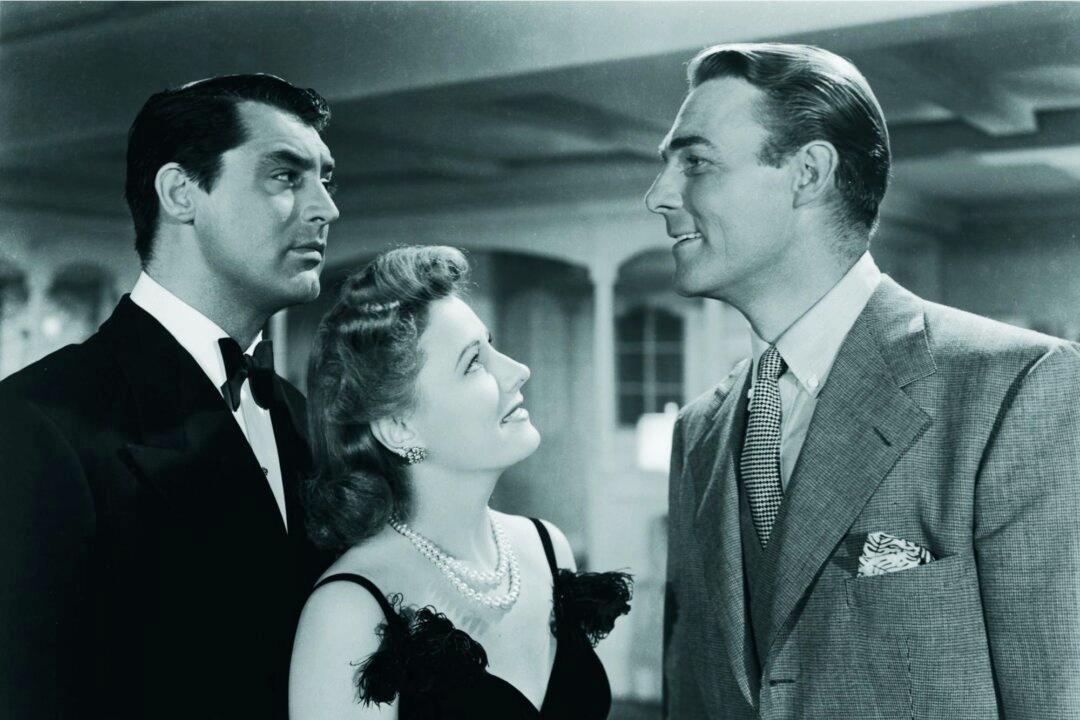What would happen if a man were to lose his wife in a tragic accident and end up remarrying after years of grieving, only to have the first wife to return on his wedding night? This predicament features in two classic movies, “My Favorite Wife” (1940) and “Move Over, Darling” (1963).
“Move Over, Darling,” starring Doris Day and James Garner, is a direct remake of the original, which starred Irene Dunne and Cary Grant. Both films were loosely inspired by Alfred, Lord Tennyson’s 1864 poem, “Enoch Arden”: A sailor returns home after being thought dead for years, only to find that his wife has married another man. In both films, the main couple’s last name is Arden as a nod to the poem. The films take a comedic twist in the story by changing gender roles.






